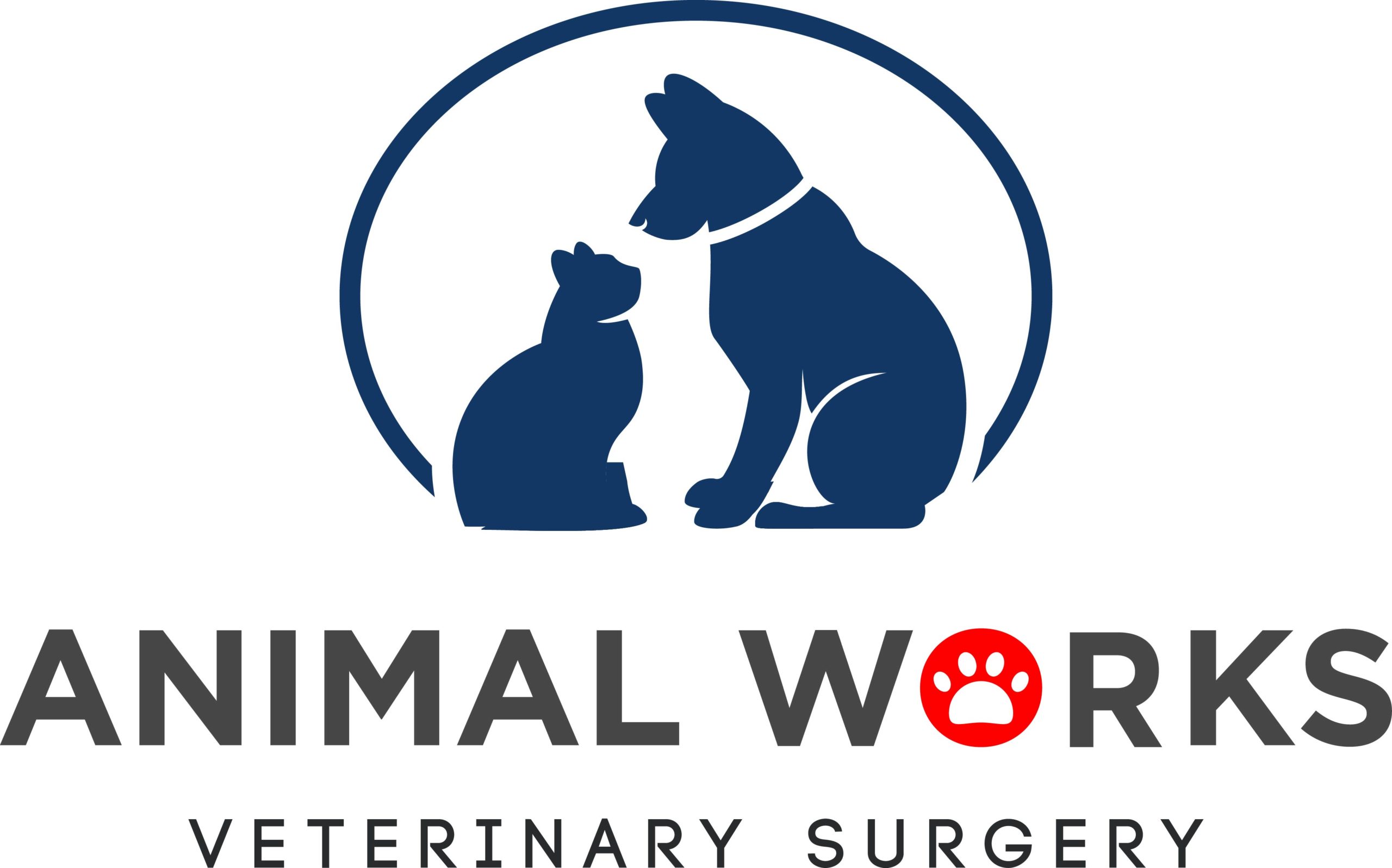Dental Surgery
APPOINTMENTAll You Need to Know
Did you know most dogs and cats over the age of three have dental disease?
By three years of age, most dogs and cats have some level of periodontal disease. Not always apparent to pet owners, dental disease can cause oral pain, infection, inflammation, and other health problems, decreasing the quality of life for your pets. Left untreated, dental disease can lead to more serious health complications that may extend beyond your pet’s teeth.
5 Reasons Why Routine Dental Care is Essential for Your Pets

Our stoic little creatures are good at hiding pain and discomfort. For this reason, many pet owners are oblivious to their pet’s active dental disease. Keep an eye on your pet’s dental health by simply lifting their mouth to see those teeth. Always look for signs that may indicate your pet is in pain. (see what are the signs of periodontal disease below)

If a whiff of your pet’s breath makes you nearly pass out, it is time you give us a call. When your pet has a healthy mouth and healthy teeth, the bad breath will be a thing of the past.

Bacteria in plaque can enter the bloodstream and spread to the heart, kidneys, and liver. This spread of bacteria can potentially cause serious illness. Poor oral health can shorten a pet’s life span by three to five years.

Your pet’s teeth can fall out if not given proper care, which can be painful and lead to other health problems as mentioned. Good pet dental care will ensure that those teeth stay healthy and keep in place.

Because so many pets have dental disease by the time they are 3 years old, it can be difficult to prevent it from developing in the first place. However, good routine dental care and proper monitoring can prevent dental disease from becoming severe and causing problems throughout your pet’s body.
What is periodontal disease?
What are the signs of periodontal disease?
- Inflamed and red gums
- Visible tartar on the teeth
- Broken or missing teeth
- Bad breath
- Decreased appetite or trouble eating
- Unusual discharge from the mouth
- Swelling of any area near the mouth
- Abnormal chewing or excessive drooling
- Painful when touched near mouth
If you notice your pet having any of these symptoms give us a call to set up a dental consult.
How do we treat periodontal disease?
Why would my pet need dental extractions?
- If your pet still has baby teeth
- Teeth are dead and causing pain and infection
- If teeth have an abscess or pocket of infection at the root
- Teeth are fractured (example: from chewing something too hard like rocks or hooves)
- Teeth are loose and uncomfortable
How often should my pet have a professional dental cleaning?
Why do we need dental x-rays?
What about extractions of baby teeth in my young pet?
What do I need to know to prepare for my pet’s dental procedure?
A referral from your primary veterinarian is NOT required. We do require a pre-surgical exam ($60) prior to the day of the procedure. At this consultation, we will run bloodwork ($105) to check your pet’s organ functions making sure there are no underlying conditions, our veterinarian will address any questions you may have and discuss the procedure in more detail. A deposit of $100 is required to reserve the dental cleaning appointment. The deposit will be taken at the time of scheduling and will be applied towards the cost of services. The night before surgery, we ask that you refrain from feeding your pet past midnight and no breakfast the day of surgery, but water is ok. Please let us know if your pet is on any medications or supplements, as well as if any known allergies, drug, or vaccine reactions have occurred.
At the time of your scheduled drop-off, a team member will meet with you and take time to make sure to answer any additional questions or concerns you may have.
A team member will call you and go over the dental procedure when your pet is out of surgery and in recovery. You will be sent home with a dental chart describing your pet’s mouth and any needed medications as well as aftercare.
Please ensure your pet does not have any of the following symptoms before the pre-surgical consult or surgery appointment; no vomiting, diarrhea, coughing, sneezing, lethargy, loss of appetite, or anything that appears as odd or not normal behavior for your pet.
We require ALL pets to be up to date on their Rabies vaccination. Dogs are required to be up to date on the Distemper (DA2PP) combo and cats are required to be up to date on the FVRCP combo vaccination. Please note, proof of these vaccinations from a qualified veterinarian will need to be provided at your pre-surgical consult. If your pet is not up to date on these vaccinations, they will receive them the day of surgery. Bloodwork is required for all dental procedures, with the exception of baby teeth removal.
All cats must be in a sturdy appropriate size carrier and all dogs must be on leashes.
Please note we accept cash, CareCredit, Scratchpay, VetBilling, and most major credit cards (no American Express or Checks) Full payment is due when your pet is ready to pick up.
